manual key won’t unlock car door
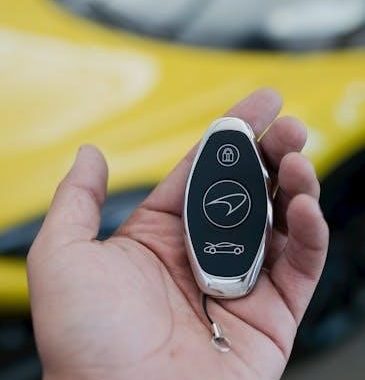
manual key won’t unlock car door
Diagnostic Steps and Solutions
If your manual key won’t unlock your car door‚ there are several diagnostic steps you can take to identify the issue․ First‚ ensure the key is in good condition—check for bending‚ rust‚ or dirt that might prevent it from fitting properly․ Insert the key into the lock and gently wiggle it while turning to see if it engages․ If it doesn’t‚ the problem could be a damaged lock cylinder or a worn-out key․
Next‚ test the key in other car doors or the trunk to determine if the issue is specific to one lock․ If it works elsewhere‚ the door lock may be faulty․ Clean the keyhole with a cloth or compressed air to remove debris․ Lubricate the lock cylinder with silicone spray to address potential sticking mechanisms․
If these steps fail‚ inspect the key fob’s battery․ A weak or dead battery might prevent electronic signals from being transmitted․ Replace the battery and test the fob again․ If the key fob isn’t the issue‚ check for electrical problems like a faulty actuator or immobilizer system․ In such cases‚ consulting a professional locksmith or mechanic is recommended․
For mechanical issues‚ consider replacing the key or lock cylinder․ If the problem persists‚ it may be linked to the ignition switch or worn-out internal lock components․ Addressing these issues promptly ensures your car remains accessible and secure․
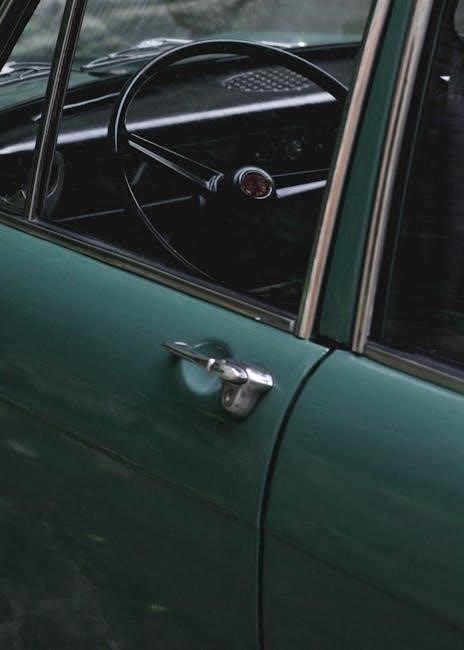
Preventive Measures
Preventive measures are essential to ensure that your manual car key continues to function smoothly and efficiently‚ preventing situations where it won’t unlock the car door․ By implementing these steps‚ you can reduce the likelihood of encountering such issues and maintain the reliability of your car’s locking system․ Here are some key preventive measures to consider:
Regular Key Maintenance
Your car key‚ whether it’s a traditional metal key or a key fob‚ requires regular maintenance to ensure it remains in good working condition․ Start by inspecting your key for any visible signs of damage‚ such as bending‚ rust‚ or excessive wear․ If your key is bent or warped‚ it may not fit properly into the lock cylinder‚ preventing it from turning and unlocking the door․ In such cases‚ consider having the key replaced or repaired by a professional locksmith․

Additionally‚ clean your key regularly to remove dirt‚ grime‚ and other contaminants that can accumulate over time․ Use a soft cloth or a small brush to gently wipe down the key‚ paying particular attention to the teeth and the shaft․ This will ensure that the key slides smoothly into the lock cylinder and engages properly with the internal mechanisms․
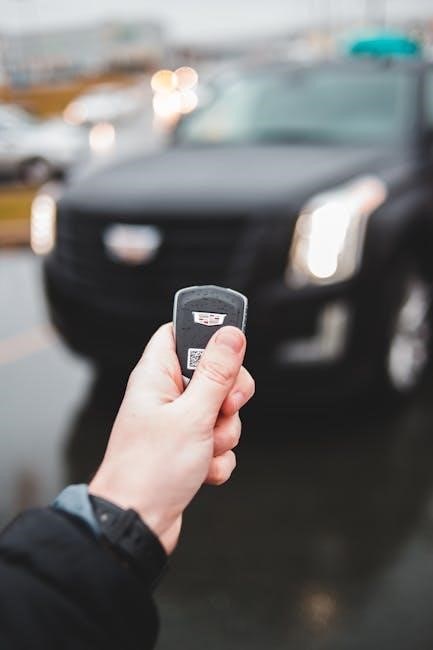
Key Fob Care

Modern cars often use key fobs that combine traditional key functions with electronic features like remote unlocking and push-button start․ While these systems are convenient‚ they can malfunction if not properly maintained․ One of the most common issues with key fobs is a dead or weak battery․ To prevent this‚ check the battery level regularly and replace it as needed․ Most key fobs use CR2032 or similar coin-cell batteries‚ which are widely available at hardware stores or online․
Another important step is to avoid exposing your key fob to water or excessive moisture‚ as this can damage the internal electronics․ If your key fob does get wet‚ dry it immediately with a soft cloth and test it to ensure it still works․ Additionally‚ avoid dropping the key fob or subjecting it to physical stress‚ as this can cause internal components to break or malfunction․
Lock Cylinder Maintenance
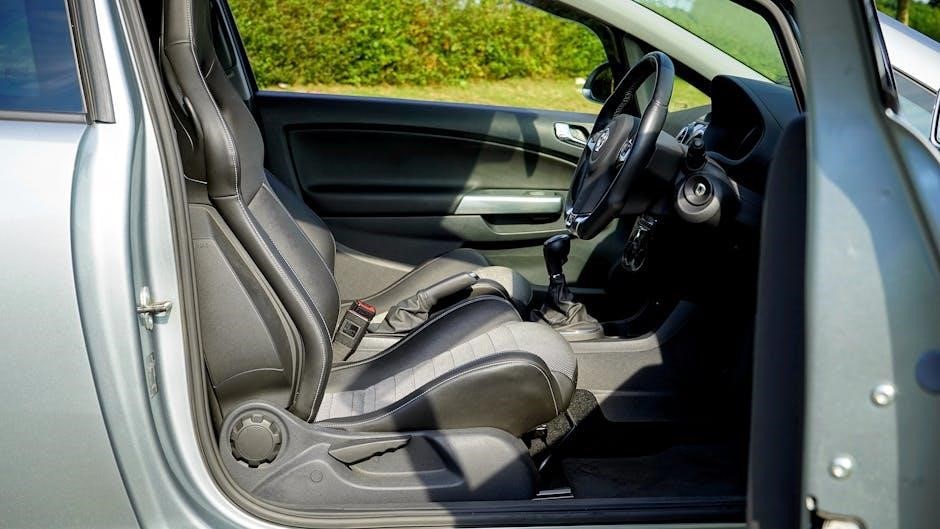
The lock cylinder on your car door is another critical component that requires regular maintenance․ Over time‚ dirt‚ dust‚ and other debris can accumulate inside the lock cylinder‚ causing the key to stick or fail to turn․ To prevent this‚ clean the lock cylinder periodically using a can of compressed air or a small brush․ This will remove any loose particles and ensure that the key can move freely within the cylinder․
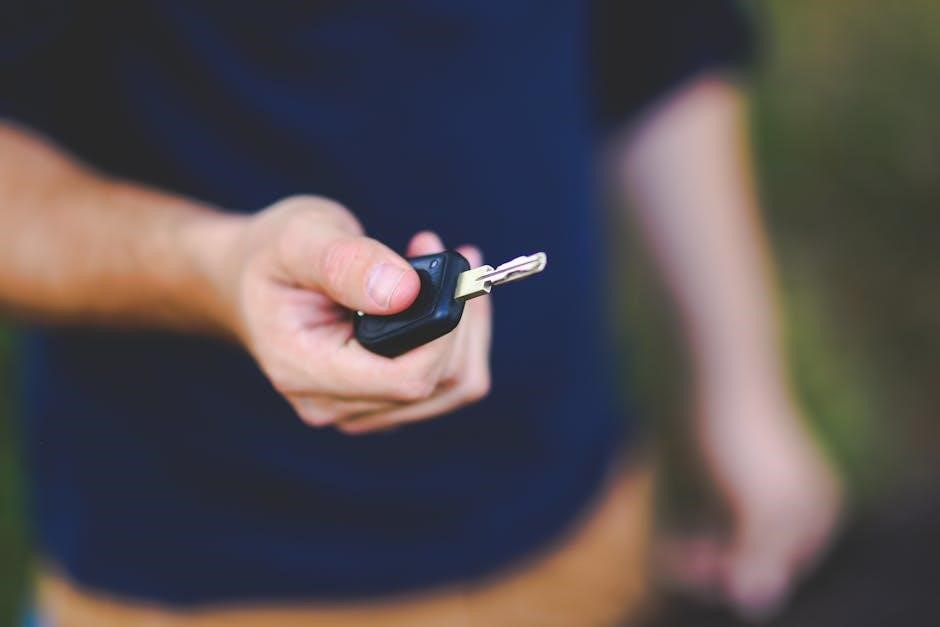
In addition to cleaning‚ consider lubricating the lock cylinder with a silicone-based spray or graphite powder․ This will help reduce friction and keep the internal mechanisms running smoothly․ However‚ avoid using oil-based lubricants‚ as they can attract dust and dirt‚ leading to further problems down the line․
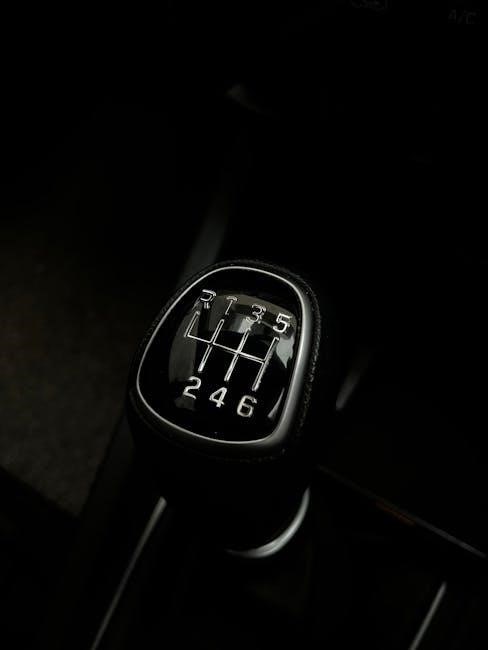
Environmental Protection
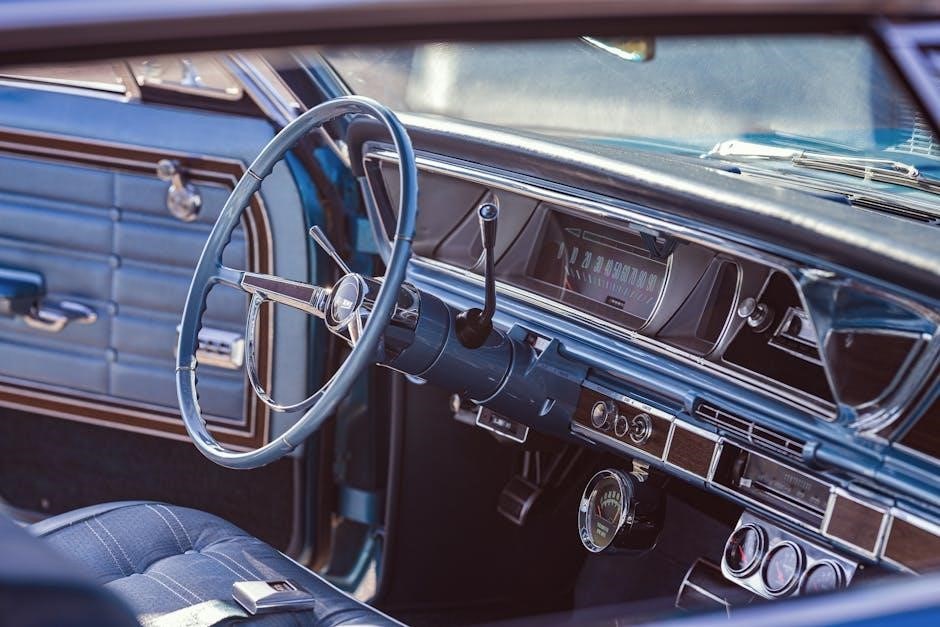
The environment in which you use and store your car key can also impact its performance․ Extreme temperatures‚ humidity‚ and exposure to the elements can all take a toll on both the key and the lock cylinder․ To protect your key‚ avoid leaving it in direct sunlight or in extremely hot or cold environments for extended periods․ Instead‚ store it in a cool‚ dry place when not in use․
For cars parked outdoors‚ consider using a weather-resistant key fob cover or pouch to shield the key from rain‚ snow‚ and other environmental hazards․ This will help prevent corrosion and ensure that the key remains in good condition․ Additionally‚ if you live in an area with high humidity‚ consider using a dehumidifier in your garage or storage space to reduce moisture levels․
Emergency Preparedness
Even with regular maintenance‚ unexpected issues can still arise․ To be prepared for such situations‚ it’s a good idea to keep a spare key in a safe and accessible location․ This could be in a hidden compartment at home‚ in a wallet‚ or with a trusted neighbor or friend․ Having a spare key can save you time and hassle if your primary key becomes lost‚ damaged‚ or fails to unlock the door․
In addition to a spare key‚ consider keeping a set of basic tools in your car‚ such as a small screwdriver‚ pliers‚ and a can of compressed air․ These tools can help you address minor issues with the key or lock cylinder on the spot․ For more complex problems‚ it’s wise to have the contact information of a reliable locksmith or auto mechanic handy․
Regular Vehicle Checkups
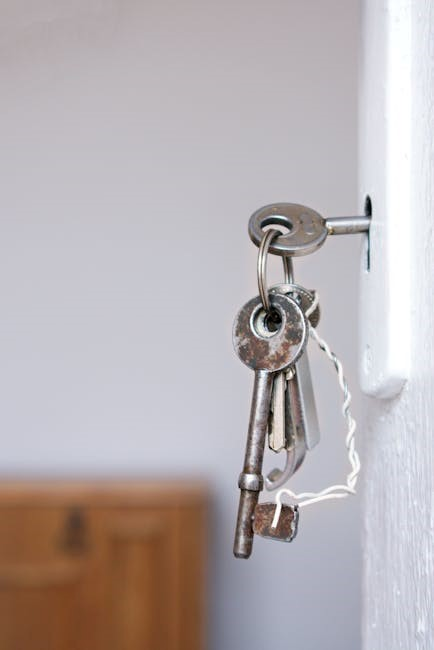
Finally‚ regular vehicle checkups are an essential part of maintaining the overall health of your car‚ including its locking system․ During these checkups‚ a mechanic can inspect the lock cylinder‚ key fob‚ and other related components for any signs of wear or damage․ Addressing these issues early can prevent them from becoming major problems down the line․
Additionally‚ if your car has an electronic locking system‚ the mechanic can check the electrical connections and ensure that all components are functioning properly․ This includes testing the door lock actuators‚ the ignition switch‚ and the immobilizer system․ By catching and repairing issues early‚ you can avoid the frustration and inconvenience of a key that won’t unlock the car door․